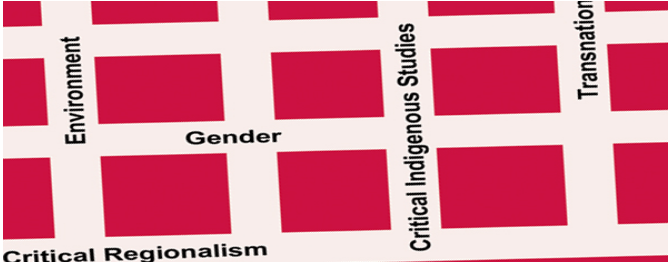
American Studies Faculty and Staff Publications
Document Type
Article
Publication Date
Fall 2008
Abstract
On September 13, 2007, the United Nations General Assembly adopted the Declaration on the Rights of Indigenous Peoples by a vote of 143 in favor to 4 against with 11 abstentions. Thirty years of coalition building and lobbying by the International Indian Treaty Council and indigenous groups worldwide and more than two decades of negotiation within the UN preceded the vote.1 The groundwork for the declaration arguably goes as far back as September 1923, when Cayuga chief Deskaheh traveled to Geneva on behalf of the Haudenosaunee (the Iroquois Confederacy) to petition the League of Nations about violations of international law by the United States and Canada. Conspicuous as the four dissenting votes in 2007 were Australia, Canada, New Zealand, and the United States. Strident opposition by these countries suggests the substantial threat that indigenous rights claims continue to pose to the fictive coherence of settler nation-states, which have historically sought to render the persistence of "nations within" as a domestic concern without international implication. Indeed, settler colonialism in the United States has insinuated itself over time in such a way as to obscure the persistence of colonialism as anything other than a historical trace, as well as to ostensibly naturalize settlers by habitation and descent.
Publisher
Duke University Press
ISSN
0038-2876
Volume
107
Issue
4
Language (ISO)
English
Keywords
Proprietary Regimes, Antistatism, U.S. Settler Colonialism
Recommended Citation
South Atlantic Quarterly 107:4, Fall 2008
